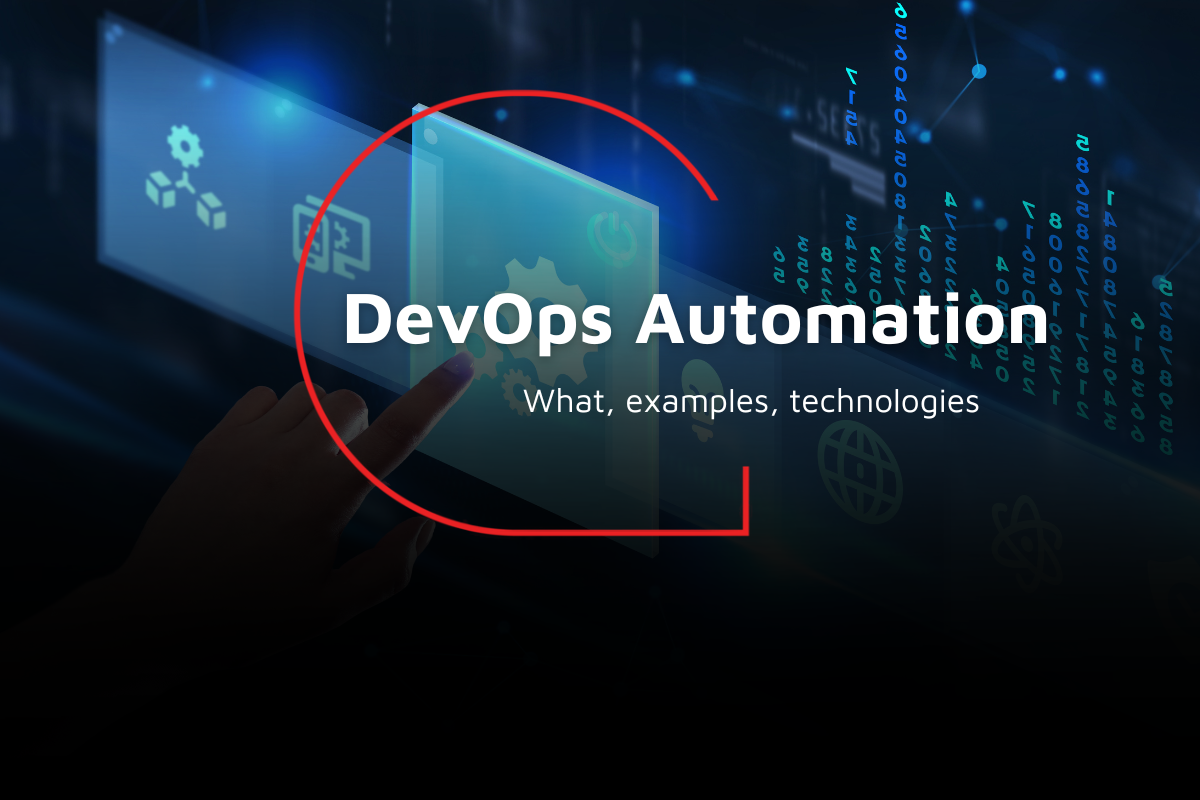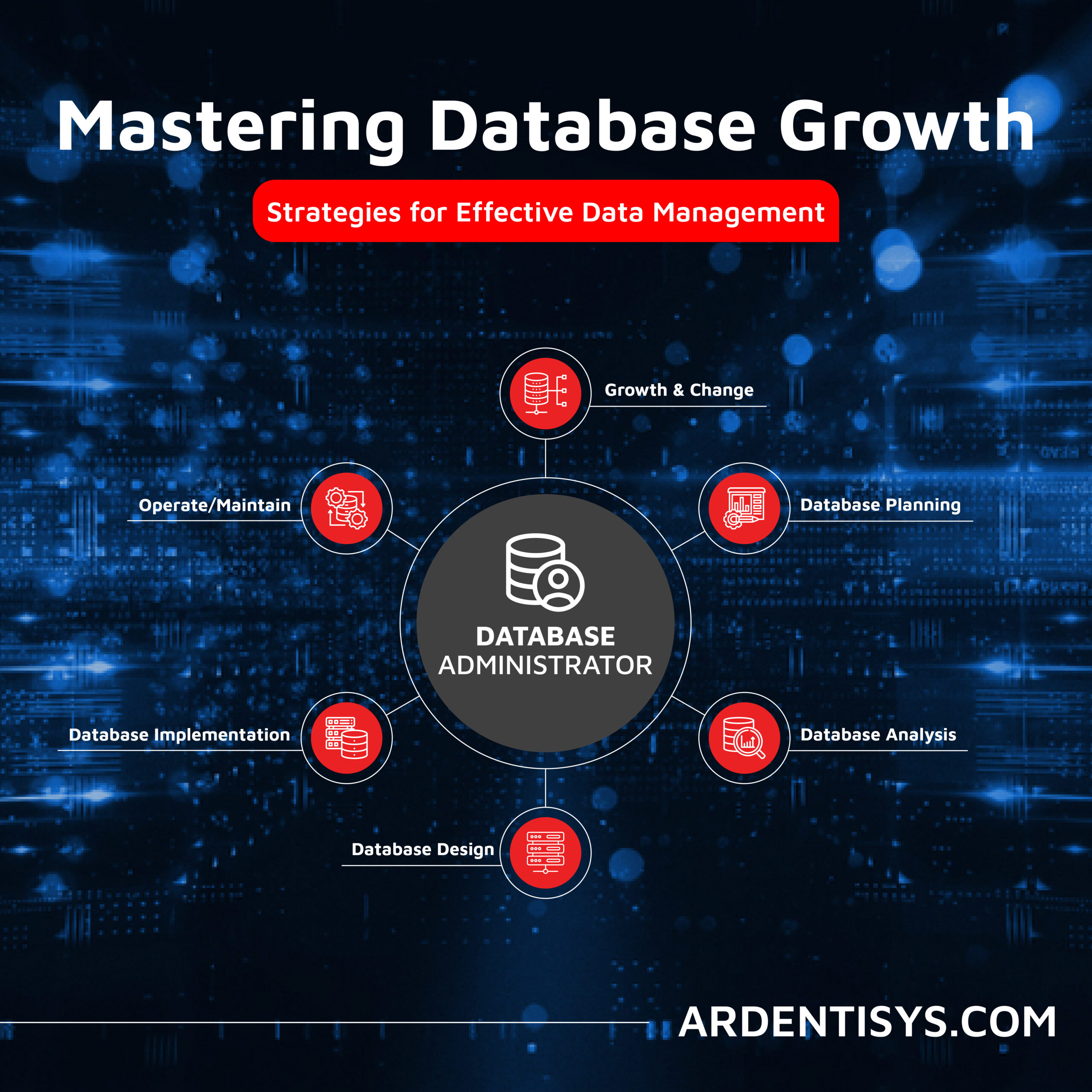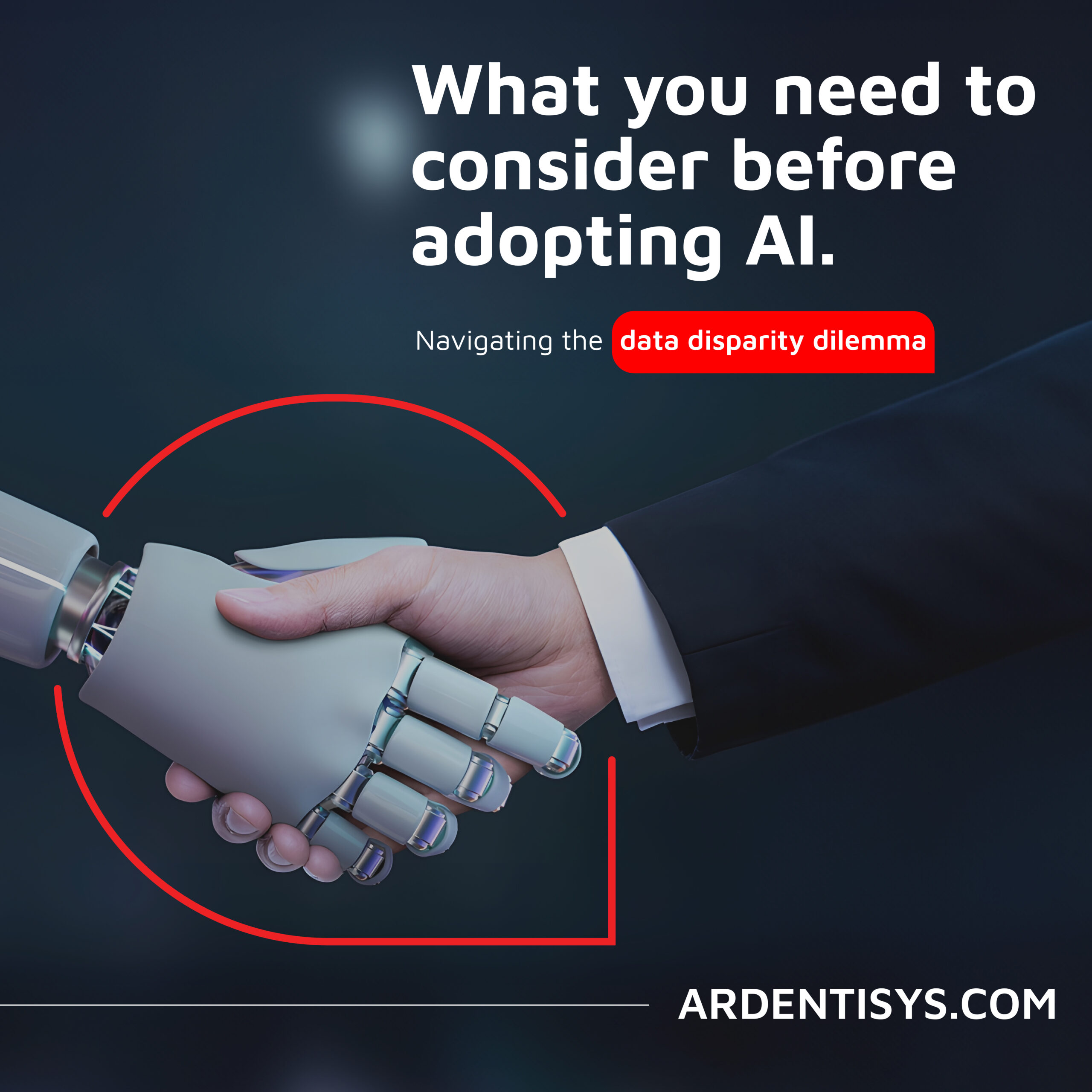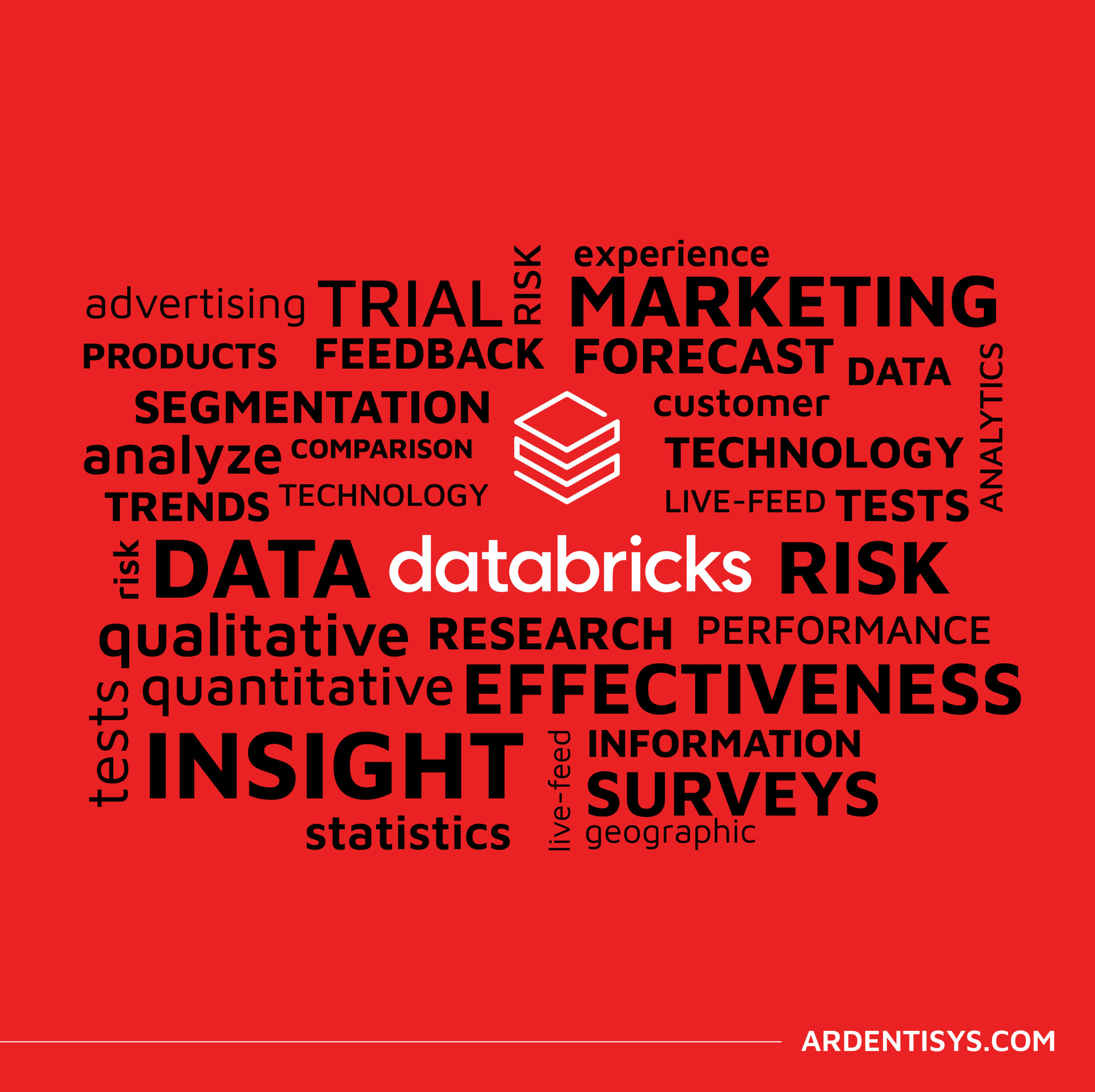DevOps Automation – What it is, Examples, technologies
8 March 2023 | Noor Khan

Organizations are progressively looking to become agile and bring products to the market at the optimal timing, driving an increasing need to implement DevOps. Google found that 86% of organisations state it is incredibly important to develop software quickly, however, only 10% are able to deploy software at a rapid pace. Therefore, there is still a significant need for DevOps to empower organisations to remain competitive and become truly agile.
Automation is one of the core principles of DevOps and is essential to achieving the end goal of DevOps which is speeding up the development processes with efficiency. In this article, we will look at the role of automation within the DevOps discipline, with examples of processes that can be automated and key technologies that can help you achieve automation.
DevOps Vs Automation
Although automation is a significant and core pillar of DevOps, it is not be all end all. DevOps can work without automation, albeit less effective and slower. Automation is the driving force of the speed that DevOps offers, so they both go hand in hand.
Examples of processes that can be automated in DevOps
The processes you should automate will differ for every team as their requirements and end goals will vary. In an ideal world, everything would be automated to achieve true efficiency, however, that is not possible. The following are just some of the key processes that can be automated to drive efficiency and save precious time and resources that can be used on mission-critical tasks.
Release of application – this process can be automated with automation suites which can test and deploy new versions of software.
Automated testing – Manual testing can be time-consuming and an incredibly lengthy process, testing can be automated with frameworks, to evaluate and analyse how the software will perform and if it meets the predefined criteria.
Backing up data – Although, it may not be a priority, having a back of data is essential should errors and failure occur with newer versions of software. Data backups can be automated at select times and frequencies as per requirements.
Monitoring – The monitoring of software can be automated with the right technologies which will alert you if there are errors which require human intervention.
Error resolution – This process can be automated where the software will re-run reports to resolve any errors. If the errors still occur, these can be reported automatically.
Technologies that can be used to automate DevOps processes
A wide variety of technologies can be employed to automate processes, some of the most popular are:
- VMWare – Automate the release of new software updates and features
- Git - Automate multiple software tests with Githb
- Terraform – Automate IaC (Infrastructure as Code)
- Pager Duty – Automate monitoring and communication of errors
- AWS Cloud Watch – To automate the monitoring of data
Find out more about our technology partners
DevOps powered by Ardent
At Ardent, we believe automation should be implemented across as many processes as possible to save business costs, remove manual burdensome tasks which drain productivity and empower staff to focus on high-value work. Therefore, it’s a core part of our DevOps approach. We have delivered innovation and automation to a wide variety of clients, read about our client successes:
- Continuously meeting and fulfilling evolving consumer demands with over ten years of software product evolution and development
- Seizing opportunity in the market with warehouse automation, user-friendly app
If you are looking to inherit and employ DevOps at the core of your software development, with speedy turnaround offering a swift go-to-market, we can help. Get in touch to find out more or to get started.
Ardent Insights

Overcoming Data Administration Challenges, and Strategies for Effective Data Management
Businesses face significant challenges to continuously manage and optimise their databases, extract valuable information from them, and then to share and report the insights gained from ongoing analysis of the data. As data continues to grow exponentially, they must address key issues to unlock the full potential of their data asset across the whole business. [...]
Read More... from DevOps Automation – What it is, Examples, technologies

Are you considering AI adoption? We summarise our learnings, do’s and don’ts from our engagements with leading clients.
How Ardent can help you prepare your data for AI success Data is at the core of any business striving to adopt AI. It has become the lifeblood of enterprises, powering insights and innovations that drive better decision making and competitive advantages. As the amount of data generated proliferates across many sectors, the allure of [...]
Read More... from DevOps Automation – What it is, Examples, technologies

Why the Market Research sector is taking note of Databricks Data Lakehouse.
Overcoming Market Research Challenges For Market Research agencies, Organisations and Brands exploring insights across markets and customers, the traditional research model of bidding for a blend of large-scale qualitative and quantitative data collection processes is losing appeal to a more value-driven, granular, real-time targeted approach to understanding consumer behaviour, more regular insights engagement and more [...]
Read More... from DevOps Automation – What it is, Examples, technologies






